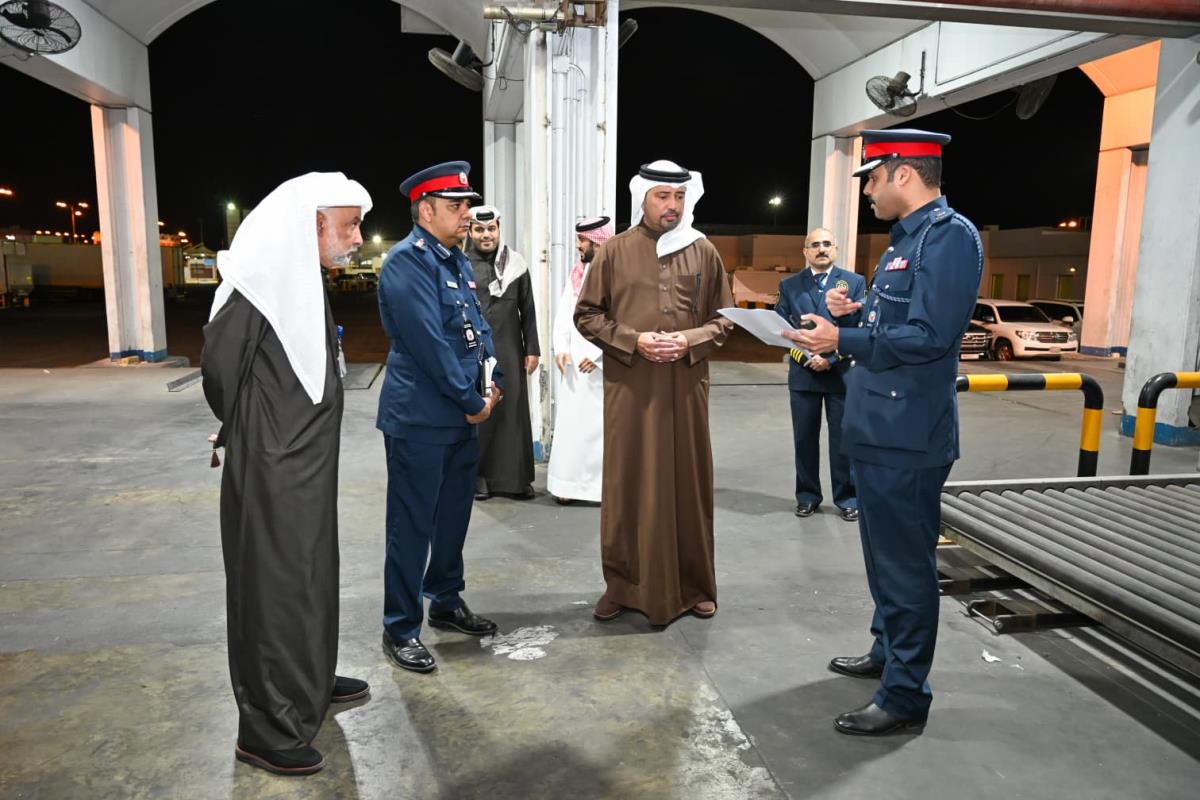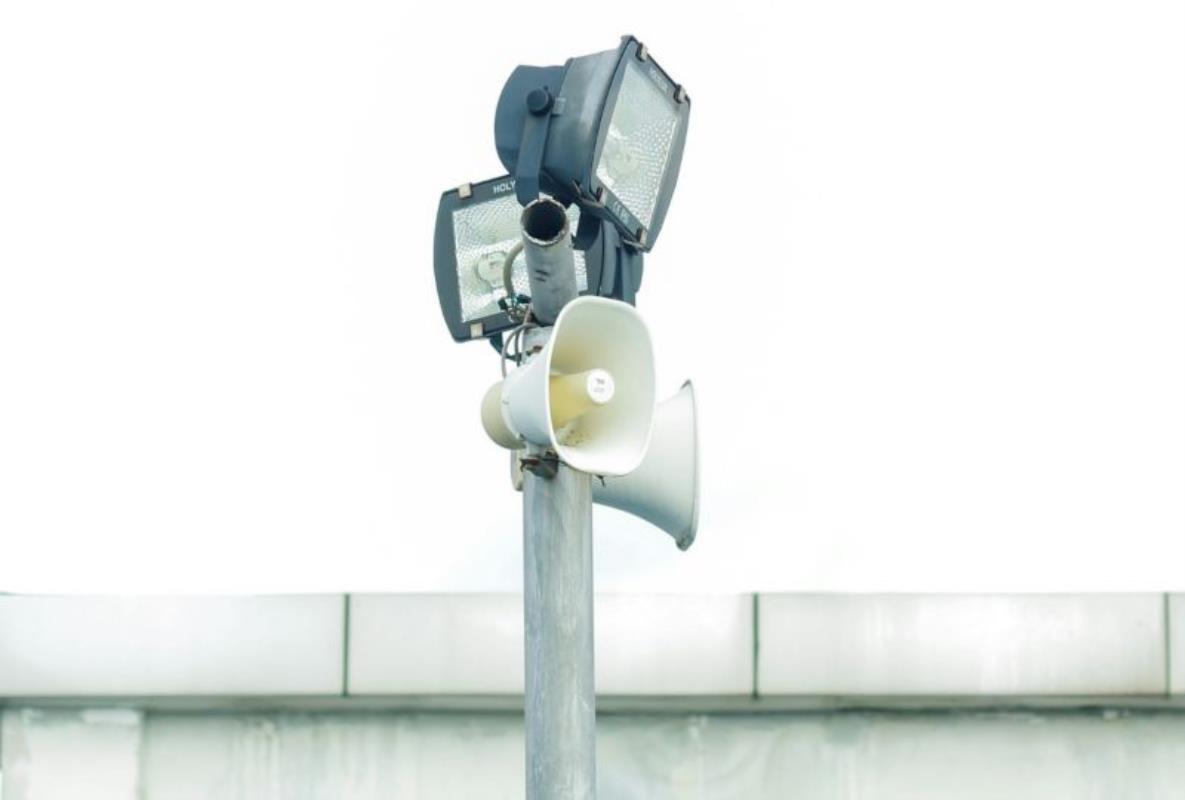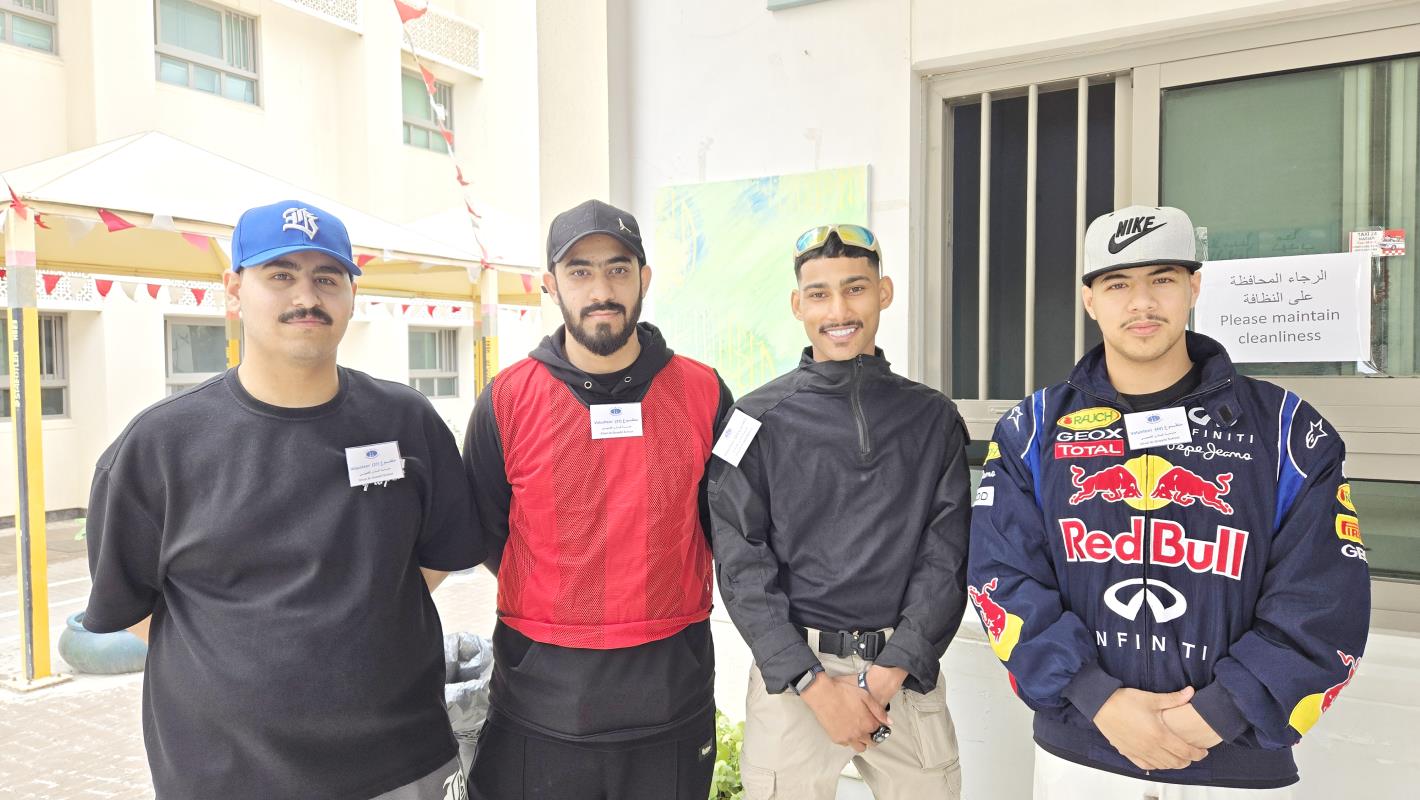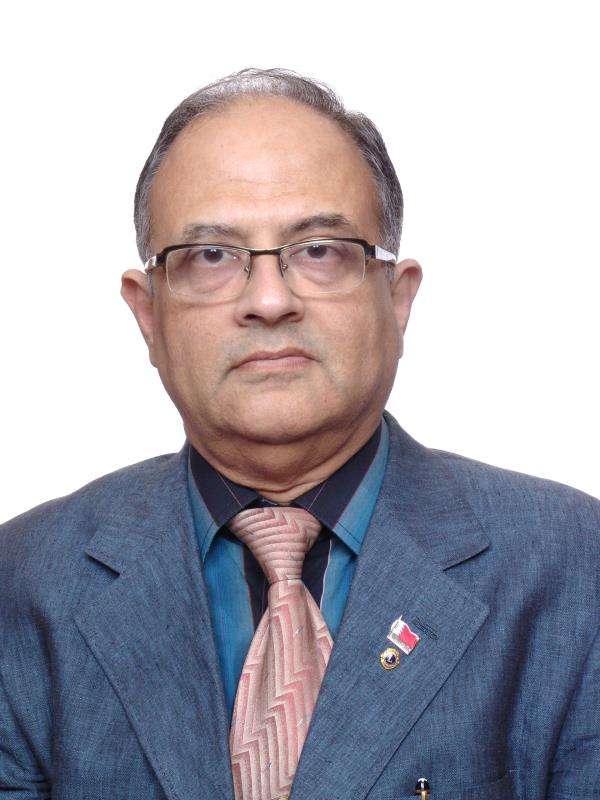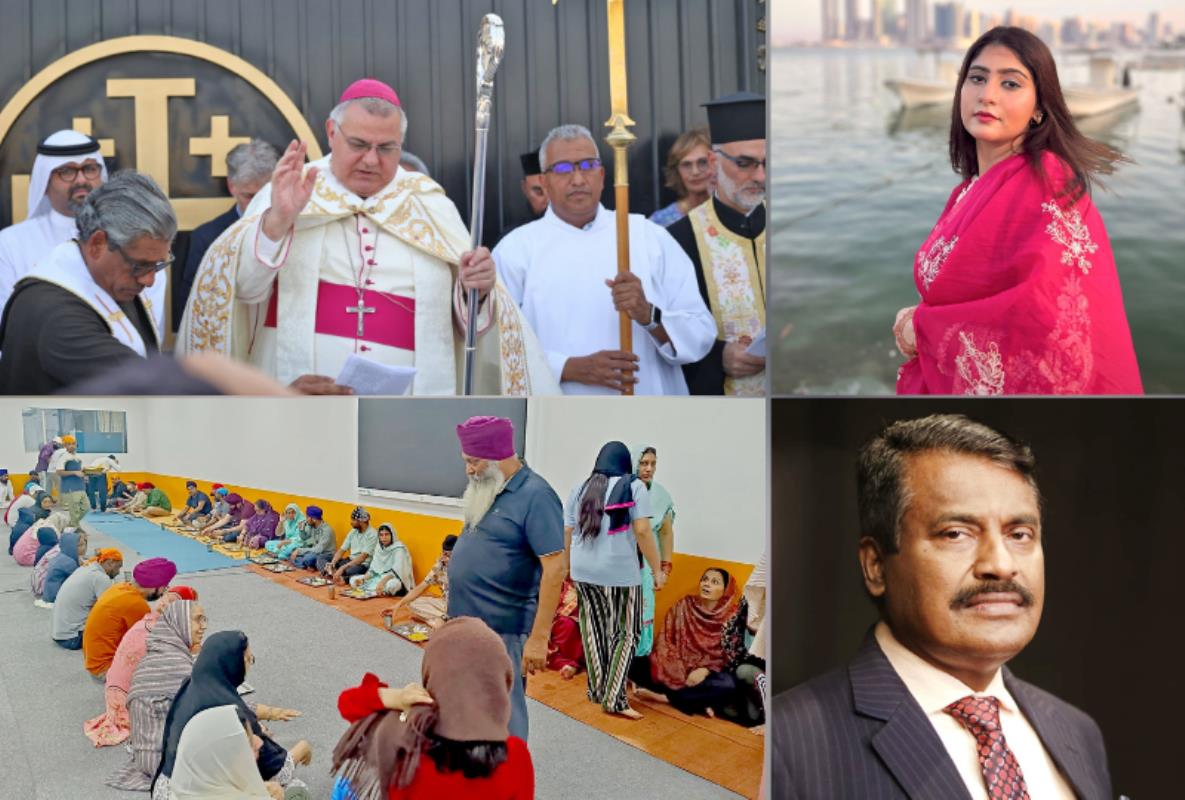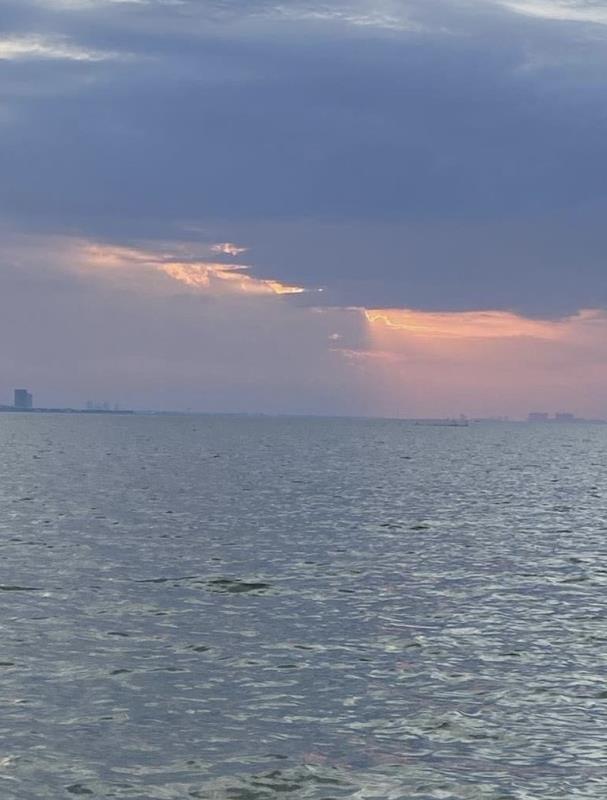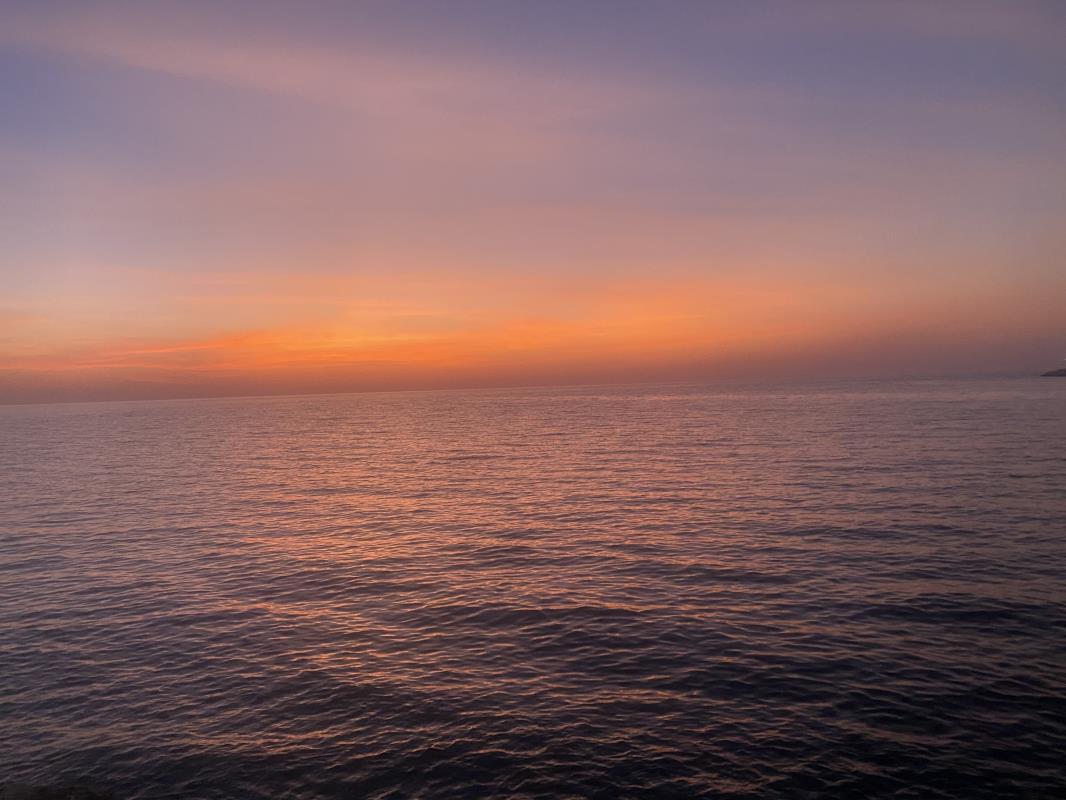
MORE than 16,000 Indians in Bahrain have registered to return home amidst the coronavirus (Covid-19) crisis, writes the GDN's Raji Unnikrishnan.
More than 10,000 people have reportedly registered with the Non-Resident Keralites Association (Norka), with the rest signing up with the Indian Embassy.
“Around 6,000 people have registered on the embassy’s online platform,” Indian Embassy charge d’affairs Norbu Negi told the GDN.
“Most of them are those who have lost their jobs in the present situation, followed by people on visit visas, people with medical needs and the remaining have not specified their reasons.”
He said the mission was following directives from the Indian government, adding he was not officially informed of the Norka platform which is specific for Keralites outside India.
However, community leaders said the Indian government could do much more for its nationals abroad.
“There is a general feeling that not much is being done for the non-resident Indians,” Bahrain Keraleeya Samajam president P V Radhakrishna Pillai told the GDN.
“They deserve much better treatment.
“The Indian government should immediately evacuate people who are sick, pregnant women, Indians on visit visas and those whose visas have expired.”
He noted that there was a rise in depression in the community and it was important to boost people’s morale.
Before suspending flights from March 20, India evacuated around 2,500 nationals from worst-affected places such as China, Japan and Italy.
It has also facilitated the repatriation of 72,000 foreigners from 72 countries to their home countries.
The largest number of Indians are in the Gulf – an estimated 10 million – with the UAE hosting the largest number.
The GDN reported last week that three Indian Navy warships were being readied to repatriate Indians from across the globe.
Meanwhile, Norka said that around 413,000 Keralites had registered for repatriation from across the world, including 61,009 people who had lost their jobs to Covid-19.
Those wishing to return included 9,827 pregnant women, 10,628 children, 11,256 elderly people and 2,902 students.




















































